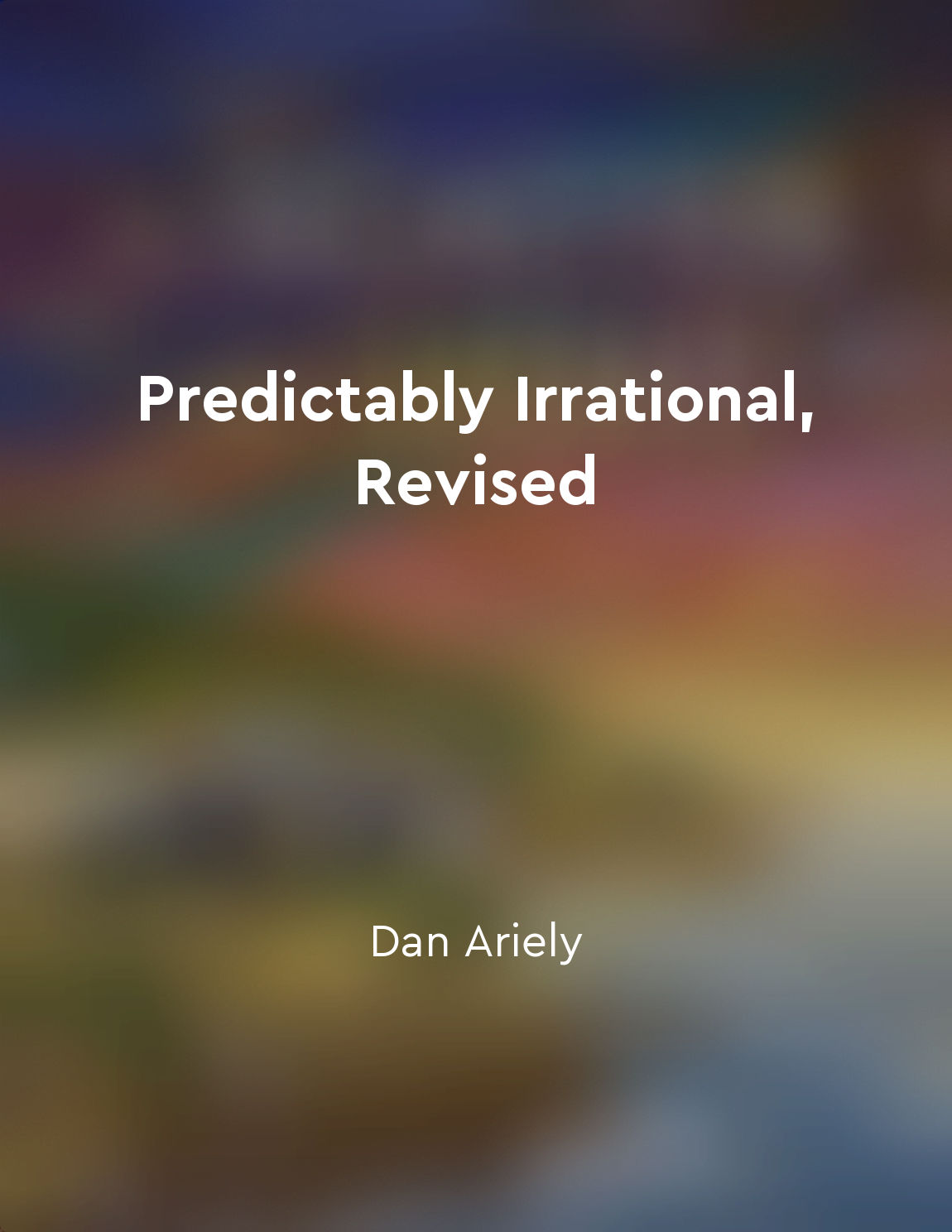Audio available in app
The neocortex is responsible for rational thinking from "summary" of O Código da Persuasão by Christophe Morin,Patrick Renvoise
The neocortex, often referred to as the "thinking brain," is the part of our brain that is responsible for rational thinking. This is where we process information, analyze data, and make logical decisions. It is the seat of our conscious mind, where we engage in critical thinking and problem-solving. When we are presented with facts, figures, and logical arguments, it is our neocortex that kicks into gear to weigh the evidence and come to a reasoned conclusion. The neocortex is the newest part of our brain in terms of evolution, and it is what sets humans apart from other animals. It allows us to think abstractly, plan for the future, and consider the consequences of our actions. When we are presented with a persuasive argument, it is our neocortex that we rely on to evaluate the information and make an informed decision. Without the neocortex, we would be driven solely by our emotions and instincts, which can often lead us astray. In contrast to the neocortex, the limbic system is the part of our brain that is responsible for emotions and feelings. It is where we experience love, fear, joy, and anger. When we are emotionally moved by a powerful story or imagery, it is our limbic system that is being activated. This is why emotional appeals can be so effective in persuading people – they tap into our primal instincts and bypass our rational thinking. In the field of persuasion, understanding the role of the neocortex is crucial. By crafting arguments that appeal to our logical reasoning and providing evidence to support our claims, we can engage the neocortex and increase the likelihood of persuading others. However, we must also be mindful of the power of emotions and how they can influence decision-making. By striking a balance between appealing to both the neocortex and the limbic system, we can create persuasive messages that resonate with our audience on a deeper level.Similar Posts
Embrace moral diversity for a more harmonious society
The idea of moral diversity is crucial for building a more harmonious society. We must recognize that people from different cul...
Continuously seek feedback and improve your selling techniques
It is crucial to continuously seek feedback and improve your selling techniques. This process allows you to refine your approac...
Backup your arguments with evidence
To persuade effectively, you must provide evidence to support your arguments. This evidence can come in many forms, such as sta...

We are susceptible to the influence of priming
Priming is a powerful force that can shape our thoughts and behaviors without us even realizing it. This concept suggests that ...
Emotions influence brain function
Emotions play a crucial role in shaping our brain function. When we experience emotions, such as fear or joy, our brain respond...
Emotional balance is essential for overall wellbeing
Maintaining emotional balance is crucial for our overall wellbeing. When our emotions are in harmony, we are better equipped to...
Connecting emotionally with others is crucial
In a world where technology is constantly evolving, one thing remains constant: the importance of emotional connections. This c...

Developing a growth mindset through NLP
The concept of developing a growth mindset through NLP involves understanding and changing the way we perceive ourselves, our a...
Use scarcity to your advantage
Scarcity is a powerful tool that can be used to influence people and get what you want. When something is scarce or limited, pe...

Loss aversion impacts risk perception
Loss aversion is a powerful psychological phenomenon that influences the way we perceive risks. People tend to weigh potential ...
